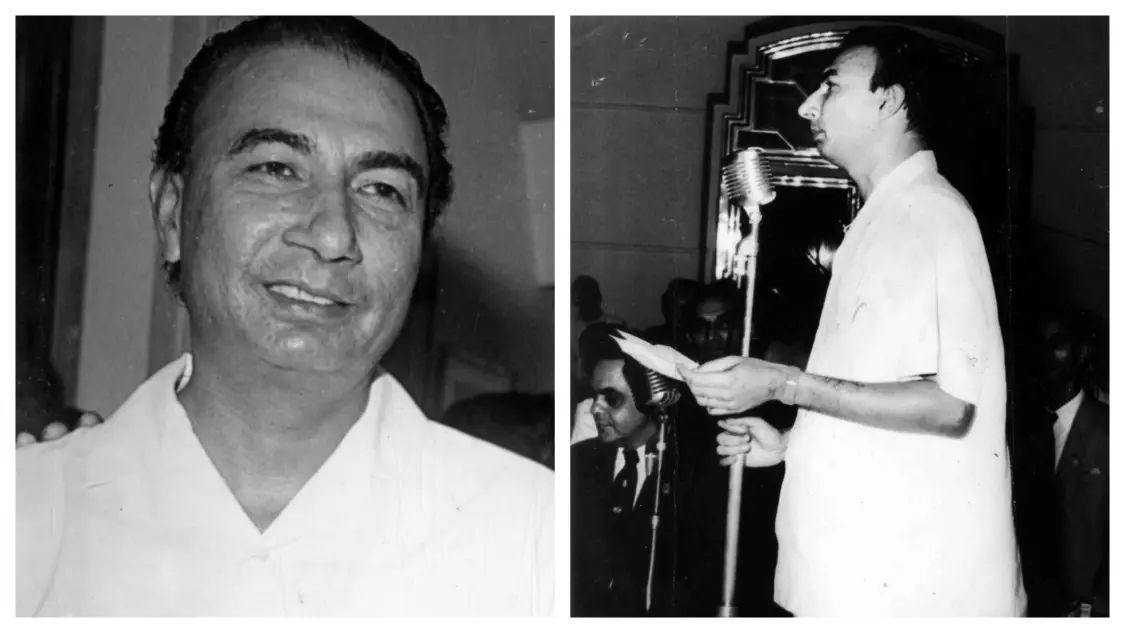Sahir Ludhianvi was a feminist even before the word became cool, brought female gaze to his nazm

Sahir Ludhianvi’s take on women empowerment can be seen in his lyrics in songs for films like Pyasa and Trishul. (Photo: Express Archives)
Aurat ne janam diya mardon ko, mardon ne usse bazaar diya, jab dil chaaha masla-kuchla, jab ji chaaha dhutkaar diya (Woman gave birth to men, they placed her in the market. Trampled upon her when they saw fit, cursed her when they desired).’
The lyrics of this timeless, heart-wrenching song, belted out by Lata Mangeshkar, from the black-and-white film Sadhna, spoke to women of that era and continues to resonate with them, despite the film and song being six-decades old.
Sure, we can’t compare the condition of women from the ’50s and ’60 to that of today – we are living in a time where women are CEOs, heading boardrooms, flying planes, making important decisions at home and workplace, where terms such as ‘feminism’ and ‘women empowerment’ in every conversation, often casually – but has the situation of women, rather the society changed much? As I search for the answer to this rather complicated question, my mind keeps going back the lyrics of the song.
Sahir Ludhianvi, who wrote the song, was a vocal critic of patriarchy and feudalistic exploitation of women. He took a strong stance in Sadhna, starring Sunil Dutt and Vyjayanthimala, where he challenged societal norms by placing blame on men who objectified women, a perspective rarely voiced in the ’50s. Traditionally, the shame associated with sex work fell solely on the women involved, but he refused to accept that
“It is a coincidence that Sahir’s birthday falls on International Women’s Day. Few poets and lyricists have highlighted exploitation of and injustice to women by a male-dominated society (as he did),” Farid Khan, poet and member of the group Urdu Caravan, said at an event organised by Progressive Writers’ Association (PWA).





